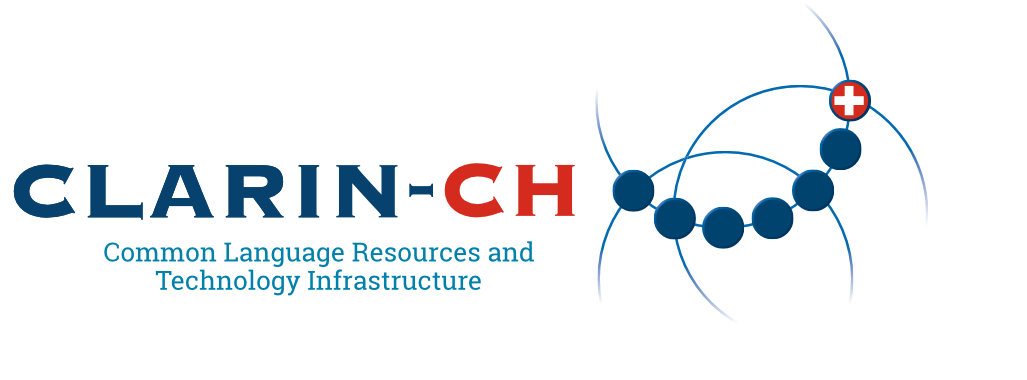What happens with research data after the completion of a project?
This question should already be addressed in the data management plan. It is a crucial step of the research process: Archiving ensures the preservation and accessibility of valuable data in the long-term, facilitates transparency in methodology, and enables the reproducibility of findings by allowing other researchers to scrutinize and build upon previous work.
However, these benefits only play out if the data are archived according to the FAIR and CARE principles. In some cases it can be difficult to stick to these principles, as they may be in conflict with copyright or data protection. More information on how to handle sensitive data and copyright issues can be found on the following pages: Data protection & Copyright.
I want to archive my research data. How can I find a suitable repository?
As a researcher at a CLARIN-CH institution you have several options to deposit your data:
- SWISSUbase is a national repository for research data providing researchers with a solution for long-term storage of their data. The linguistic data service unit LaRS (Language Repository of Switzerland) is an important part of CLARIN-CH, as it is a reliable way to store your research data in Switzerland and is tailored to language resources thanks to a discipline-specific metadata scheme which can easily be applied to your data.
- DaSCH is the Swiss National Data and Service Center for the Humanities, providing expertise in research data management and long-term preservation. It was established by the Digital Humanities Lab at the University of Basel and the Swiss Academy of Humanities and Social Sciences (SAGW) in 2017 and operates as a national research infrastructure promoting Open Data since 2021.
- Many CLARIN-CH institutions offer their own data repository, such as BORIS (Bern Open Repository and Information System). University libraries usually provide archiving services as well and more recently, data steward services have been established in various institutions, who will be able to help you when choosing a repository.
- Find a repository in the list of non-commercial, FAIR-compliant data repositories recommended by the Swiss National Science Foundation (SNSF):
- Most research data repositories are also listed on re3data.org, a global registry of research data repositories that aims at promoting a culture of sharing, increased access and better visibility of research data. It can be used as a discovery platform for data repositories, offering a short description and comprehensive metadata on each of the listed repositories, including database access and the standards that it uses.
How to publish sensitive and personal data?
When your research data contains sensitive and personal data, several measures need to be taken for publication. From informed consent to de-identification and controlled access, there are many options to ensure your data is published securely. Learn more on the following pages:
